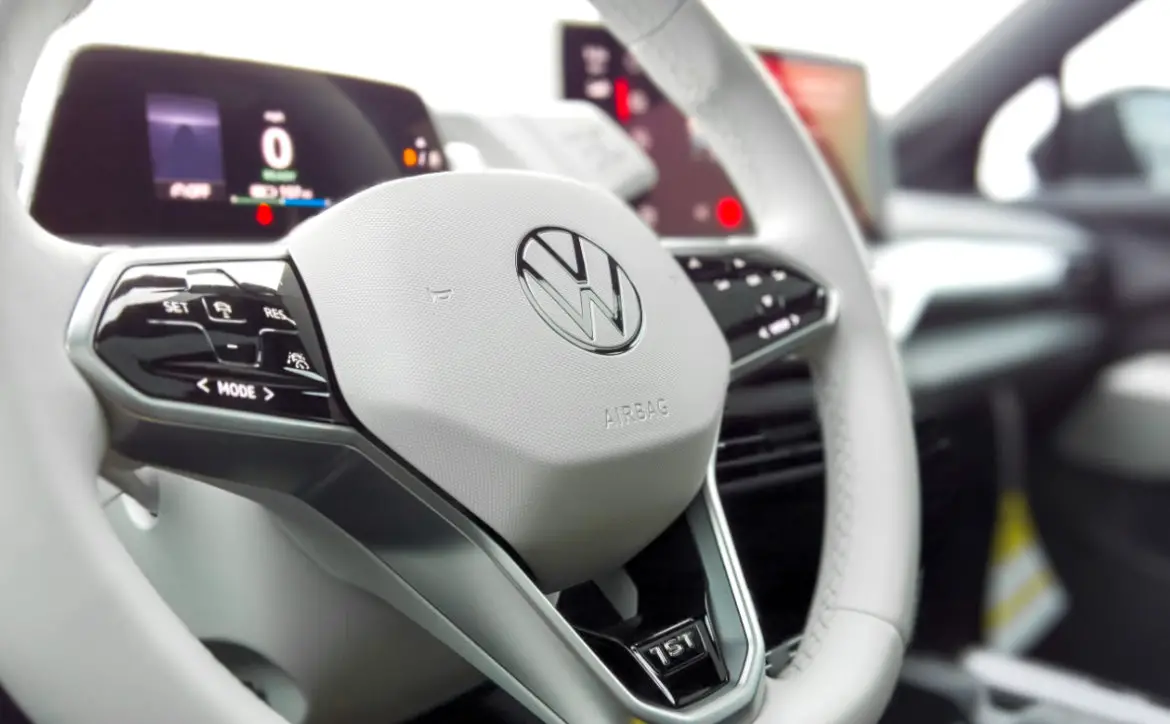According to a recent statement by Volkswagen Chief Financial Officer (CFO) Arno Antlitz, the semiconductor chip shortage will likely continue until 2024. He also added that the bottlenecks in the supply chain will reduce by the end of the year 2022. Said that the production could return to 2019 levels by next year, however, this would not be enough to meet the increasing demand for chips.

“The structural undersupply will likely only resolve itself in 2024,” Antlitz said. A lack of wire harnesses from Ukraine was also still causing some shifts to be canceled, Antlitz said. Added that, even as the company was establishing new supplier relationships to source the component from other countries. When asked about how funds from a possible IPO of Porsche AG, were planned for the end of the year. He stated that it could be used to bolster Volkswagen’s finances. Antlitz said the money could help fund the carmaker’s software unit and its battery production plans.
“Only those who can map out their battery supply chain have the advantage at scaling in electromobility. Securing the supply chain comes with that. A Porsche IPO could give us a lot more flexibility in financing this,” Antlitz said.
Challenges
Volkswagen in December had said the chip crunch would continue to pose challenges to Europe’s largest carmaker. At least during the first half of 2022, the shortage was expected to continue, according to January reports. The tight chip supply has led automakers around the world to curtail vehicle production and also drive up profit by increasing vehicle prices.
In comparison, Porsche and Audi (Volkswagen’s premium brands) have been “quite resilient,” Diess said last year, adding that they’ve delivered positive results. Additionally, last year the German carmaker cut its outlook for deliveries and toned down sales expectations. Also warned of cost cuts as it reported lower-than-expected operating profit for the quarter. But Diess claimed that it’s not all negative. “The demand side is really good,” he said. “We have filled order books in all areas and our EV [electric vehicle] sales are coming along well.”
“We had to reduce our sales outlook but revenue outlook is still positive and [it has been] significantly growing over the last year,” Diess said. “That means we can keep our margin guidance, which is very important.”
“The level of chip shortage was probably slightly higher than we had expected when we last spoke to the market in August,” Chief Financial Officer Richard Palmer said last year, adding that the full-year total of lost production due to the chip shortage would top a previous forecast of 1.4 million units.











